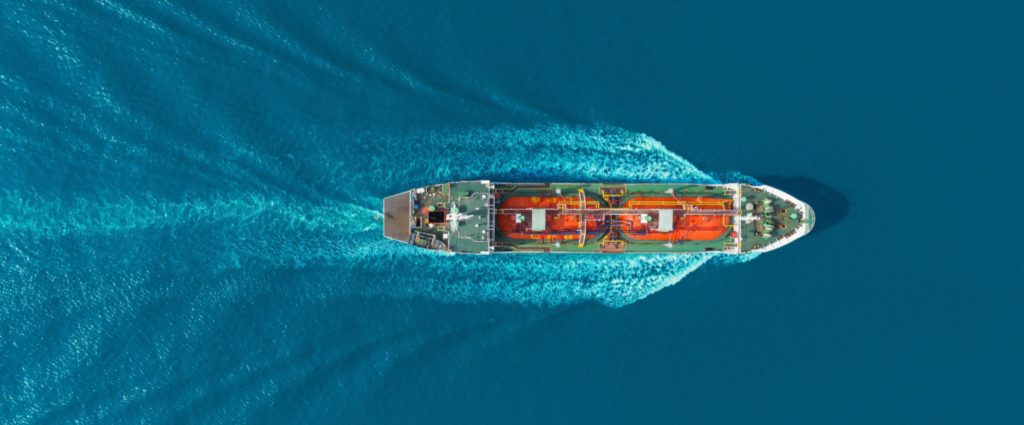Maritime industry, global miners join forces to support Australia-East Asia iron ore Green Corridor


A consortium led by the Global Maritime Forum and consisting of BHP, Rio Tinto, Oldendorff Carriers and Star Bulk Carriers have signed letter of intent (LOI) to assess the development of an iron ore "green corridor" between Australia and East Asia.
To mobilize demand for green shipping and to scale zero or near-zero greenhouse gas emission shipping, governments and industry decision-makers are increasingly looking to enable and simplify the task of decarbonizing the maritime sector by establishing green corridors: specific shipping routes where the economics, infrastructure and logistics of zero- or near-zero emissions shipping are more feasible, and rapid deployment can be supported by targeted policy and industry action.
“Zero greenhouse gas emission pathways require the creation of a parallel value chain that involves new ways of working, new contractual relationships, and drives the development of decarbonized fuel production and infrastructure,” Johannah Christensen, CEO at Global Maritime Forum, said.
Last year, the Getting to Zero Coalition report The Next Wave demonstrated how green corridors can be conceived, prioritized and designed with a pre-feasibility study for an iron ore route between Australia and East Asia. The study suggested that green ammonia is the likely fuel choice for this corridor based on favourable production conditions, an enabling regulatory environment and willing stakeholders.
Taking the study further, the parties in the consortium intend to jointly assess green ammonia supply, bunkering and first mover support mechanisms, necessary for their participation in a viable Australia to East Asia iron ore green corridor.
“BHP's membership of this green corridor consortium is testament to the importance we place on targeted exploration and partnerships in identifying pathways to decarbonization for the maritime sector. As one of the largest bulk charterers in the world, we recognize this opportunity and have announced a number of partnerships across our value chain to seek to accelerate the process,” Rashpal Bhatti, VP of maritime and supply chain excellence at BHP, commented.
Through the work in the consortium and with inputs from the wider supply chain, the partners aim to develop a framework as a preparatory step towards real-world implementation of a green iron ore shipping value chain.
Laure Baratgin, Rio Tinto’s head of commercial operations, said, “This collaboration is another important step towards accelerating the delivery of our climate commitments on shipping, as part of Rio Tinto’s broader goal of net zero emissions by 2050 and a 50% reduction by 2030, and supports efforts in providing our customers and partners with sustainable value chain solutions.”
The green corridor collaboration’s outputs are intended to lay some of the groundwork for real world implementation of the Green Corridor.
For more on Rio Tinto's approach to climate change, visit www.riotinto.com/invest/reports/climate-change-report.
Comments